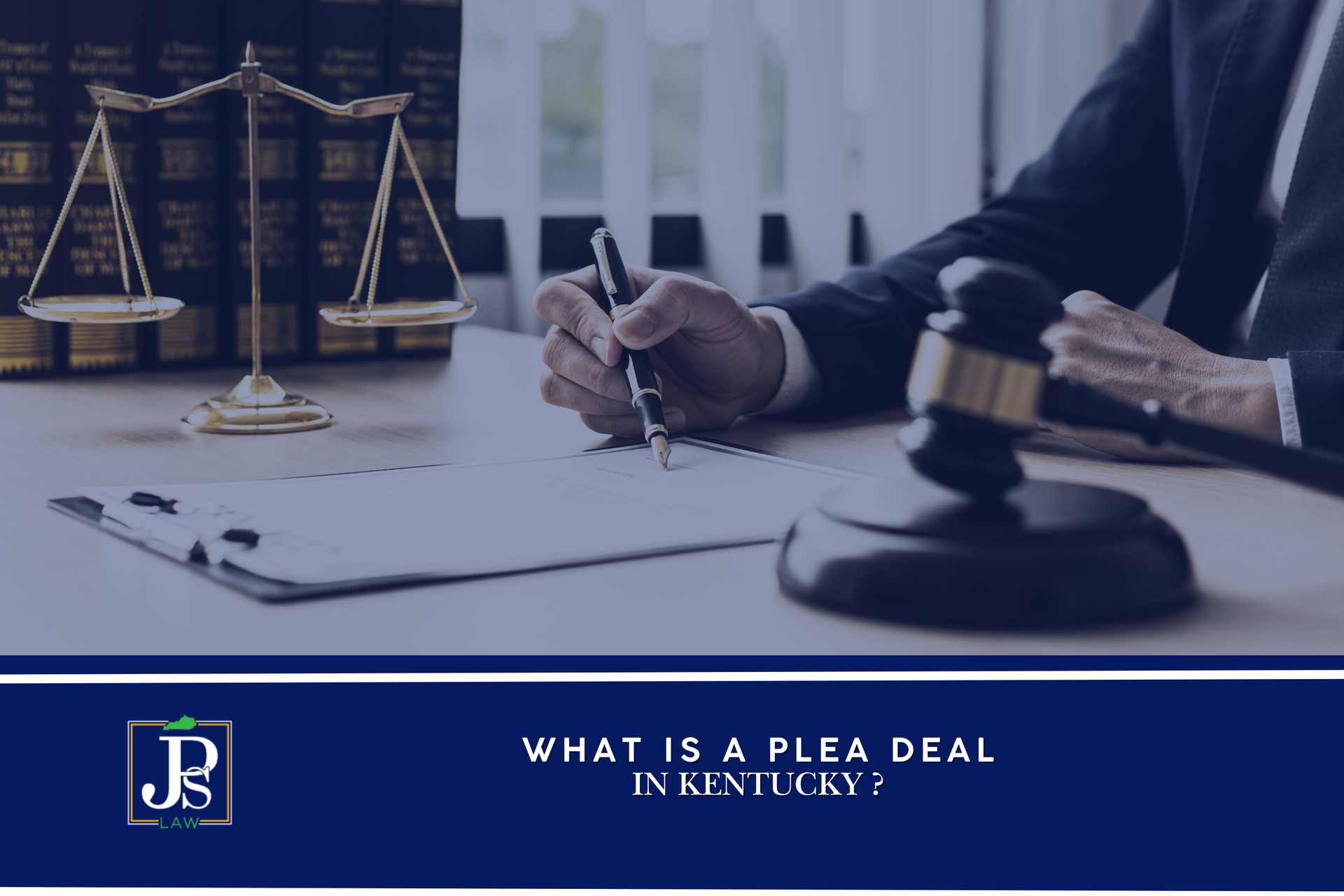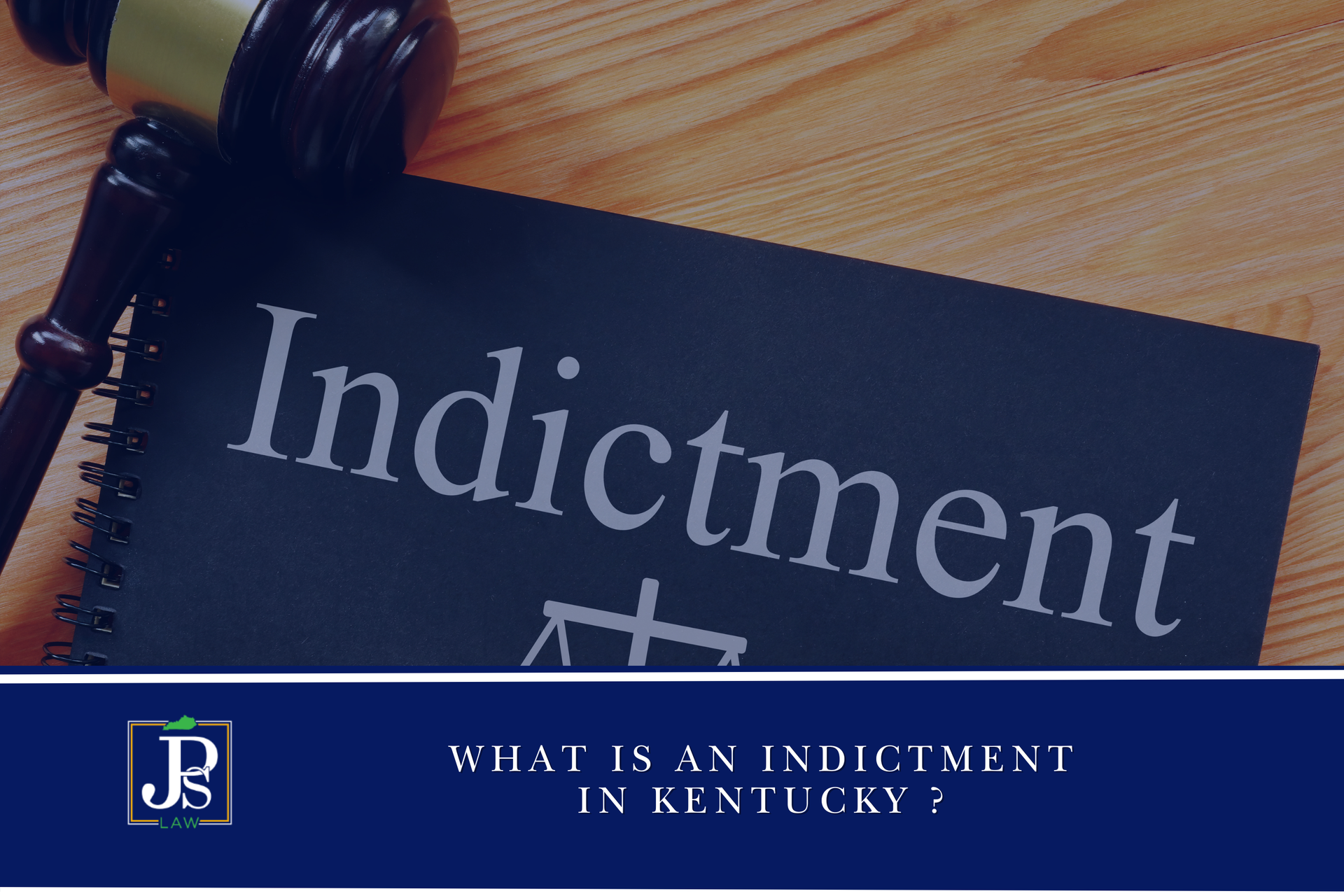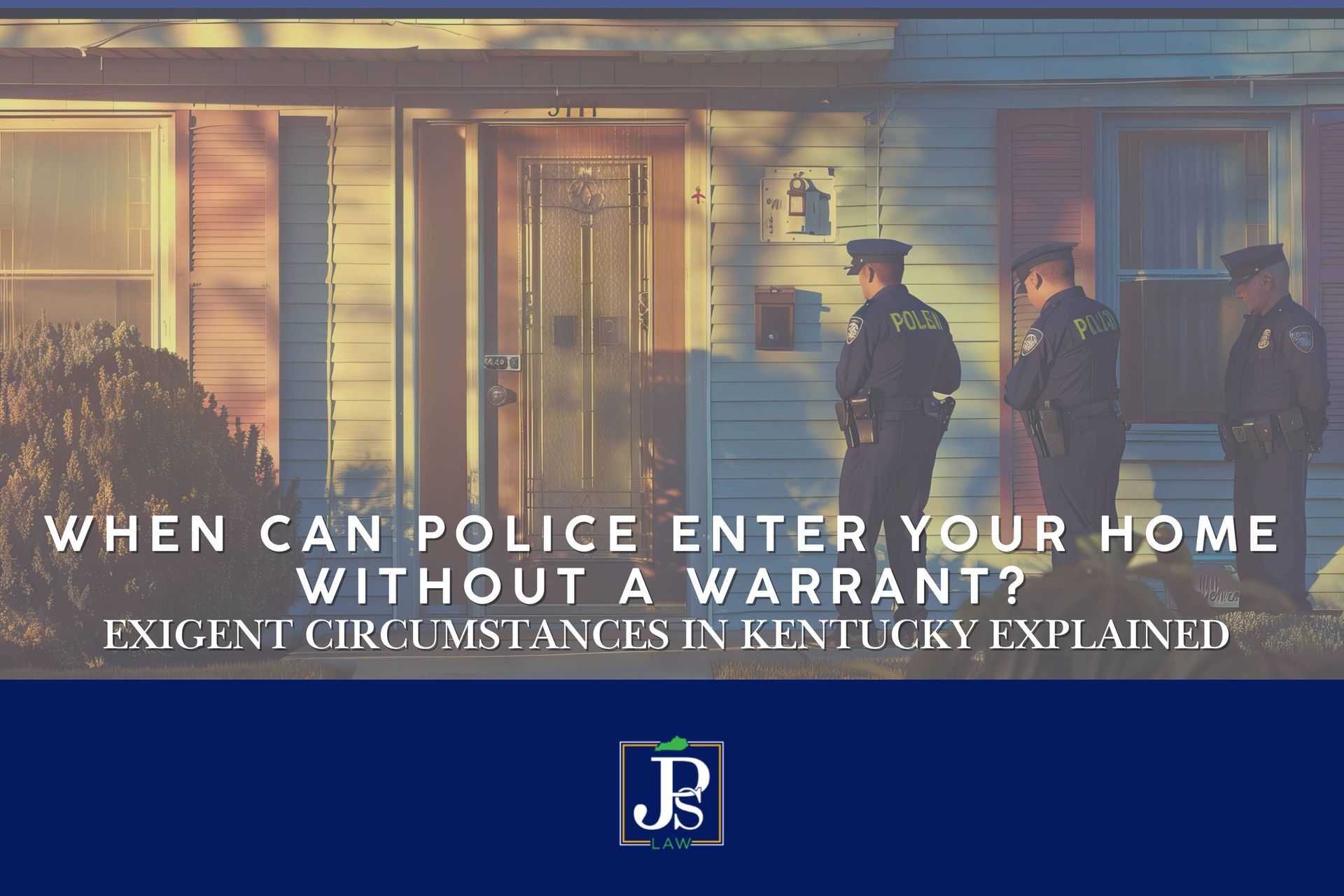If you’ve been stopped at a random checkpoint or in a Lexington traffic stop, the experience can be a nerve-wracking, especially if you're uncertain about your legal rights. This comprehensive guide from our team at JPS Law will walk you through what you need to know about Kentucky traffic stops and how to handle them effectively to prevent any legal complications.

What Is A Random Checkpoint?
You’ve probably experienced this before: a flashing sign and line of traffic backed up as officers wave some cars through their barriers and stop others for further questions. In Kentucky, it’s common to see random checkpoints-also known as traffic safety checkpoints or roadblocks—where law enforcement officers can stop vehicles without any suspicion of wrongdoing. These checkpoints often occur near major holidays but can happen any time throughout the year.
During a roadblock, you may find officers:
- Conducting brief sobriety checks
- Checking for DUI (Driving Under the Influence)
- Verifying valid driver's licenses
- Ensuring vehicle or occupant compliance with safety regulations
While these checkpoints are legal, police officers and other first responders must follow strict constitutional guidelines to ensure they don't infringe upon your rights.
Do You Have to Stop at a Checkpoint?
The short answer is yes.
When you approach a random checkpoint, you are legally required to stop and comply with the officer's requests, within reasonable limits. Attempting to evade or refusing to stop at a checkpoint can lead to serious criminal charges.
During a roadblock or traffic stop, it’s possible that a law enforcement officer may conduct a field sobriety tests. In Kentucky, you have the right to refuse field sobriety tests.
Under Kentucky's implied consent laws, refusing a breathalyzer test can result in automatic license suspension, so it’s important to weigh your options carefully in this situation. Be aware that if the officer has probable cause to suspect impairment, you may be arrested.
However, it's crucial to remember that you still have rights during these encounters.
Understanding Your Rights at Lexington Traffic Stops
Whether you're at a random checkpoint or involved in a traffic stop in Lexington or throughout the Commonwealth, it’s important that you know your rights:
- Right to Remain Silent: You are not obligated to answer potentially incriminating questions. For example, if an officer asks, "Where are you coming from?" or "Have you been drinking?", you can politely decline to answer. However, refusing to answer questions may arouse suspicion and lead to a closer inspection.
- Right to Refuse a Search: Unless the officer has probable cause or a warrant, you have the right to refuse a vehicle search. However, be aware that if the officer has any amount of reasonable suspicion, they may still conduct a limited search.
- Right to Leave: If you're not under arrest or being officially detained, you have the right to ask if you're free to go. If the officer confirms you're free to leave, you may do so calmly and safely
Would I Be Arrested For Driving Without a License?
In Kentucky, operating a vehicle without a valid driver's license is considered a serious offense. If you're stopped and unable to present a valid license, you could face several consequences.
Kentucky Revised Statutes (KRS) 186.620 outlines situations during which a driver is found driving without a license and laws for the display of license on request. Failure to do so may result in misdemeanor charges, which can result in up to 90 days in jail, as well as fines ranging from $100 to $250 for a first offense and possible vehicle impoundment or suspension of your driving privileges.
To avoid these severe penalties, always ensure you carry a valid driver's license and keep your vehicle registration up to date.
When to Seek Legal Help
If you've been stopped at a random checkpoint, stay informed, stay calm, and know when to seek professional legal assistance.
If you face charges for driving without a license, or believe your rights were violated during a traffic stop that led to charges, it's crucial to seek legal representation. Our experienced team at JPS Law is here to protect your rights and guide you through the legal process.
Don't let a traffic stop turn into a legal nightmare. Contact JPS Law today for a free consultation and let us help you navigate the complexities of Kentucky traffic law.
Disclaimer: This blog provides general information and discussion about legal topics and services. The information herein should not be construed as legal advice, and readers should not act upon this information regarding their individual case without seeking professional counsel like that from our team at JPS Law.




